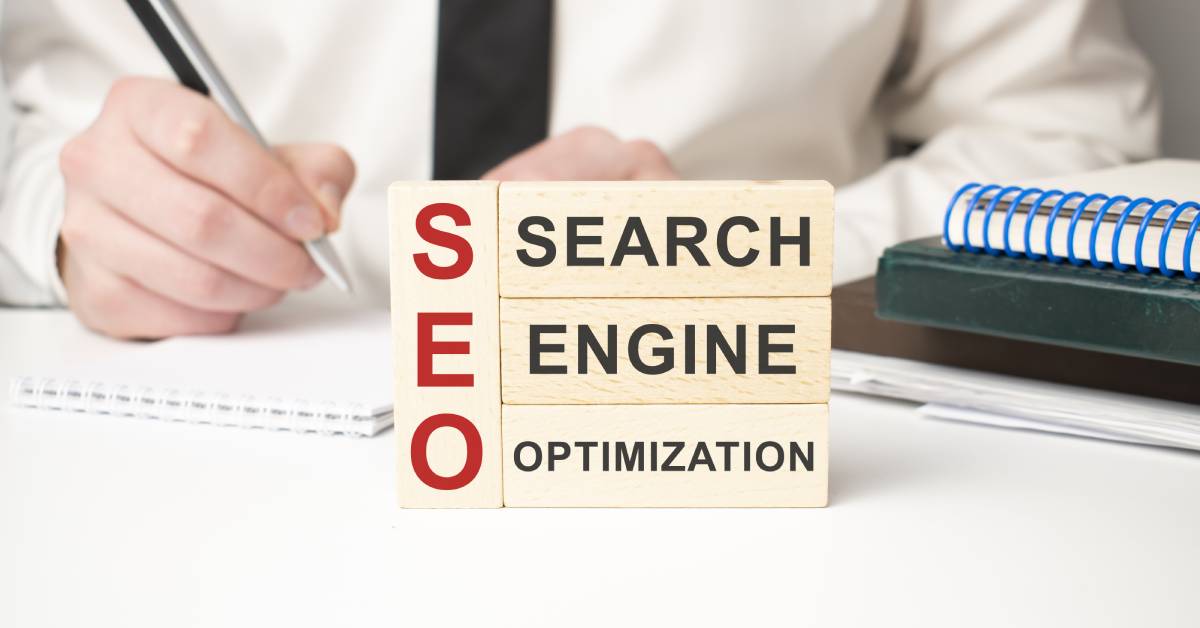
17 On-Page SEO Factors That Everyone Should Work On to Boost Website Performance
In today’s digital world, having a well-optimized website is crucial for businesses to succeed online. On-page optimization (Onpage SEO Factors) plays a vital role in improving search engine rankings, increasing organic traffic, and enhancing user experience. Digital Mogli, a leading website development and digital marketing agency in Pimpri Chinchwad, Pune, understands the importance of on-page factors in achieving online success. In this blog post, we will explore 17 key on-page factors that everyone should focus on to boost their website’s performance through Search Engine Optimization.
- Keyword Research and Placement: Thorough keyword research allows you to identify relevant keywords for your website. Strategic placement of these keywords in your titles, headings, meta tags, and content helps search engines understand the relevance of your pages.
- Title Tags: Optimize your title tags by including relevant keywords and keeping them concise, compelling, and unique for each page. Well-crafted title tags enhance click-through rates and search engine visibility.
- Meta Descriptions: Write persuasive meta descriptions that accurately summarize your page content. These concise snippets appear in search engine results and can significantly impact click-through rates.
- URL Structure: Create SEO-friendly URLs that are descriptive and include relevant keywords. Short, clean, and readable URLs are preferred by both search engines and users.
- Heading Tags: Organize your content with proper heading tags (H1 to H6). Use H1 tags for main headings and incorporate relevant keywords to give search engines a clear understanding of your page’s structure.
- Content Optimization: Craft high-quality, unique, and engaging content that satisfies user intent. Include relevant keywords naturally throughout the content while maintaining readability and avoiding keyword stuffing.
- Image Optimization: Optimize images by compressing them to reduce file size without compromising quality. Use descriptive file names and add alt text to help search engines understand the image’s context.
- Internal Linking: Create a logical internal linking structure to connect your web pages. Internal links help search engines discover and index your content while improving user navigation.
- External Linking: Link to authoritative and relevant external sources within your content. This practice not only adds value to your readers but also signals search engines about the credibility of your content.
- Mobile-Friendliness: Ensure your website is responsive and mobile-friendly. With the majority of internet users accessing the web through mobile devices, optimizing for mobile is essential for a positive user experience and improved search rankings.
- Page Speed: Optimize your website’s loading speed to deliver a seamless browsing experience. Minimize file sizes, enable caching, and leverage content delivery networks (CDNs) to reduce page load times.
- Schema Markup: Implement structured data using schema markup to provide search engines with additional context about your content. This can improve the appearance of search results with rich snippets, enhancing click-through rates.
- Social Sharing Integration: Incorporate social sharing buttons to encourage visitors to share your content on social media platforms. Increased social signals can positively impact your website’s visibility and referral traffic.
- User-Friendly Navigation: Design intuitive navigation menus that make it easy for visitors to explore your website. Clear and organized navigation enhances user experience and encourages longer site visits.
- SSL Certificate: Secure your website with an SSL certificate to establish trust and protect user data. Websites with HTTPS encryption are favored by search engines and provide a safer browsing experience.
- Canonical Tags: Use canonical tags to indicate the preferred version of a web page when duplicate content exists. This helps search engines understand which version to index, avoiding potential penalties for duplicate content.
- Analytics and Tracking: Implement website analytics tools, such as Google Analytics, to track and analyze user behavior and website performance. This data provides insights that can help you make data-driven decisions and optimize your on-page factors continuously.
Conclusion:
In today’s competitive digital world, optimizing onpage seo factors is crucial for improving your website’s visibility, search engine rankings, and user experience. Digital Mogli, a reputable website development and digital marketing agency located in Pimpri Chinchwad, Pune, understands the significance of these factors in achieving online success. By focusing on the 17 on-page factors mentioned in this blog post, you can enhance your website’s performance and attract more organic traffic.
From conducting thorough keyword research and strategically placing keywords to optimizing title tags, meta descriptions, and URL structure, each on-page factor contributes to better search engine visibility and click-through rates. Additionally, incorporating proper heading tags, optimizing content, and implementing image optimization techniques further enhance the user experience and improve search engine rankings.
Internal and external linking, mobile-friendliness, page speed optimization, schema markup, social sharing integration, user-friendly navigation, SSL certificates, canonical tags, and analytics and tracking tools all play significant roles in boosting your website’s performance and providing valuable insights for continuous optimization.
Digital Mogli, with its expertise in website development and digital marketing, can assist you in implementing these on-page factors effectively. Their experienced team of professionals understands your business needs and works closely with you to achieve your online goals.
By prioritizing on-page optimization and collaborating with a trusted agency like Digital Mogli, you can create a strong online presence, attract targeted traffic, and ultimately drive conversions and business growth.
Remember, optimizing on-page factors is an ongoing process. Regularly monitor your website’s performance, analyze user behavior, and adapt your strategies accordingly. Stay ahead of the competition by consistently improving your on-page factors and providing a seamless user experience.
Start working on these 17 on-page factors today and witness the positive impact they can have on your website’s visibility, search engine rankings, and overall online success. Partner with Digital Mogli and let their expertise and experience guide you towards achieving your business goals in the digital realm.